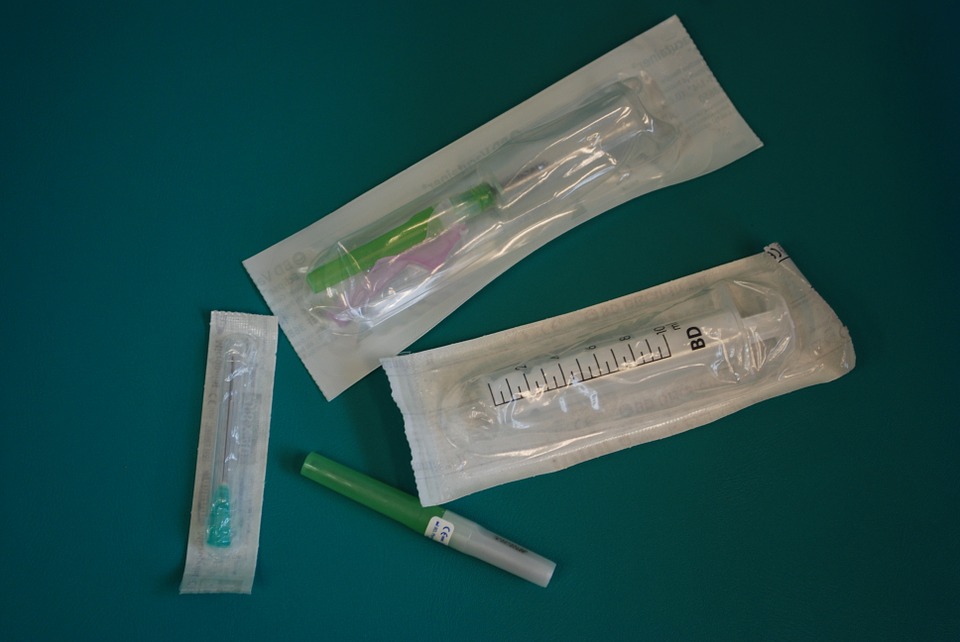No one knows better than a parent the shock you feel when your child is diagnosed with something that will forever change your life. Some parents are dealt with terrible news of their child having cancer. And some are dealt the blows of illnesses that require transplants and other impairments that leave them reeling with drastic change. Diabetes is a shock that you eventually adjust to and it is not quite as traumatic than the news of cancer; however, it doesn’t make it any less frightening or hard to cope with the first few months and especially the first few days.

Diabetes is a chronic illness where the symptoms of the disease usually cause you to go to the doctor. Some children exhibit wetting the bed nightly and are excessively thirsty while others are much further along in their symptoms and become very sick with diabetic ketoacidosis. Ketoacidosis or DKA is when someone with diabetes has extremely high blood glucose levels, a severe lack of insulin, and it results in the breakdown of body fat for energy. What begins to happen is the body literally starts eating up any fat the body has stored up for energy. Usually, when a child reaches this stage they are hospitalized and are very sick. In our case, we were in the symptomatic stage of diabetes before our son, Joshua, got sick and suffered from Ketoacidosis. It was a day that was such a shock and a day that carried with it a great change to come.
When Joshua, who was then 3, showed signs of being excessively thirsty I wasn’t sure if it was normal or not. It was one of those things as a mother you take notice of and question but then set it aside because so many other things in life take priority over your child being thirsty. You simply put it in the back of your head as something you noticed but don’t feel this urgent need to do anything about it because being thirsty is such a normal everyday occurrence for everyone. The keyword is excessive — being thirsty is normal. However excessive thirst is a cue and a symptom. It isn’t until after the fact of going to the doctor and being diagnosed that you begin to feel bad about not knowing. It’s every mother’s response to their kids being sick. The shock value is in the hindsight of diagnosis. You allow yourself to accept this news and diagnosis and then as a parent, you sit in shock reflecting over the question: Why didn’t I catch that sooner?
The first few days are the hardest part to get past when your child is diagnosed with a chronic illness such as diabetes. You become debilitated with life. All that is existing for you is how to accept this life altering information. It truly is life-altering. You come into the hospital one person which is what you believed to be healthy but not feeling well and then you leave another which is now someone with a chronic condition. One small piece of information changes your families entire world. The parents usually can’t get passed the actual diagnosis until after they have made it home. No amount of feelings such as fear, worry or concern, that precede terrible news — no amount prepares you. It would be much easier if those preceding emotions helped us out in the area of accepting shocking news however it doesn’t prepare you at all. Shock is a shock. Nothing prepares you for it, and nothing makes it easier.
Once you do make it home, there is a period of feeling complete gratitude that yes your life has been touched by something serious however you still have your child and you know the most important thing, which is he can lead a healthy normal life. That period of time is the initial shock wearing off and moving forward with the diagnosis. There is that period of knowing that life is changed but we still have our child to share life with. That is a healthy process of acceptance. Everyone who has experienced shocking news there is a definite process of handling it and accepting the news. And finding out your child has diabetes is no different. You do get to the point of moving on with your life. You make your adjustments and move on and you’re a stronger person because of it.
This would be an ideal topic to discuss in regards to Type 1 diabetes because parents are going through this on a daily basis. The parents are out there searching and they need something they can relate to when they begin their search. And a search they will do once the shock begins to wear off and they begin to search for answers. There is so much out there about diabetes and it’s symptoms however we need helping to cope once the kids are diagnosed. The first 3 days are the hardest.
The Shock of Childhood Diabetes in the First 3 Days

